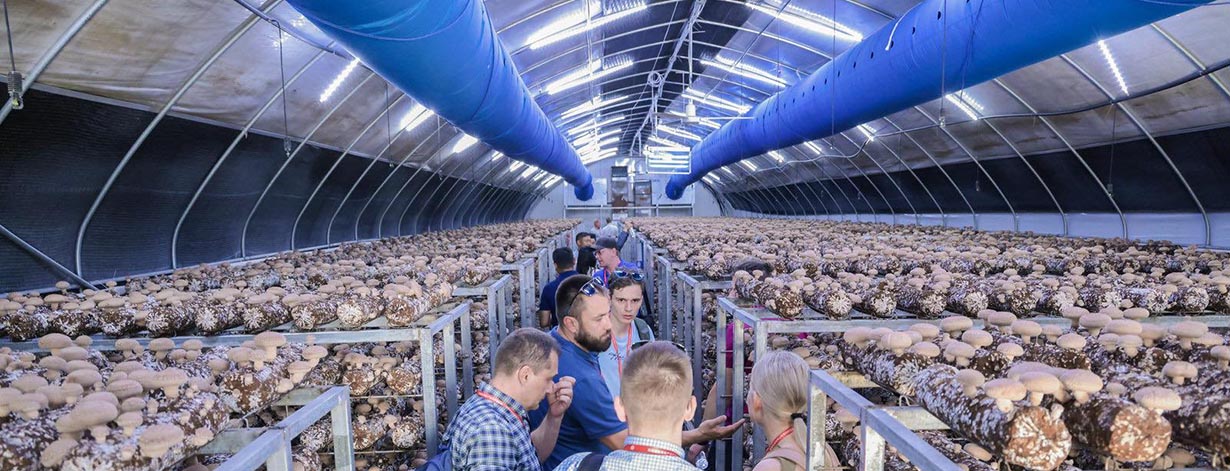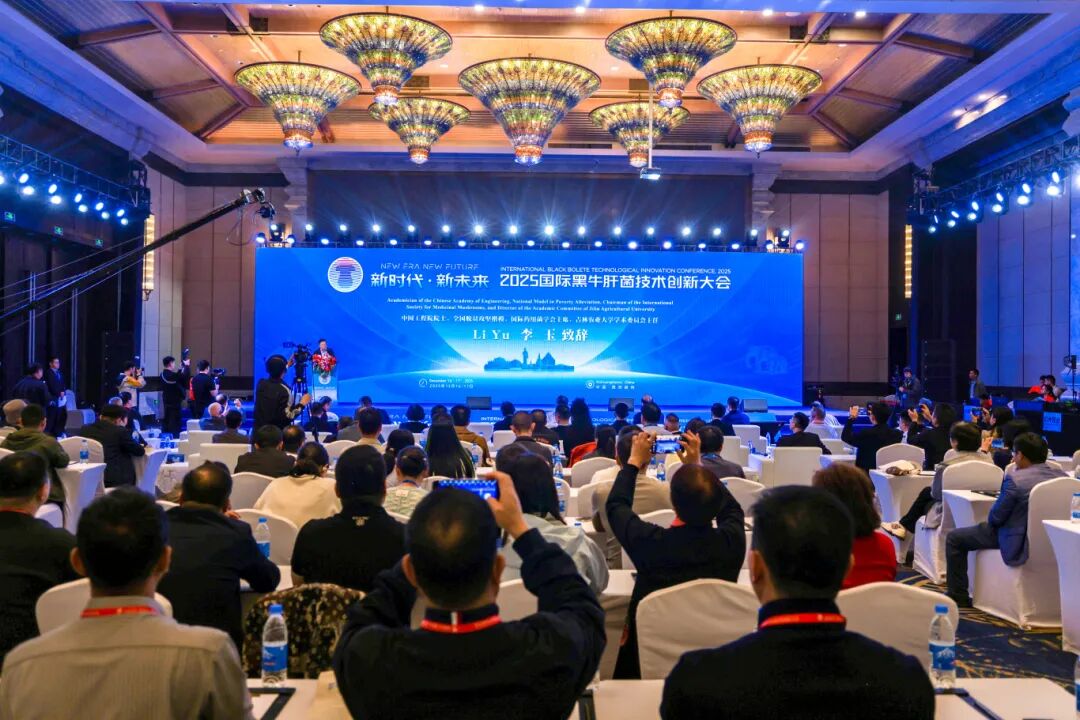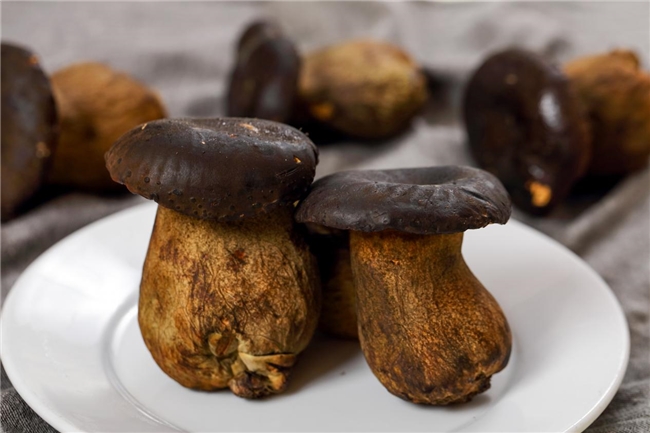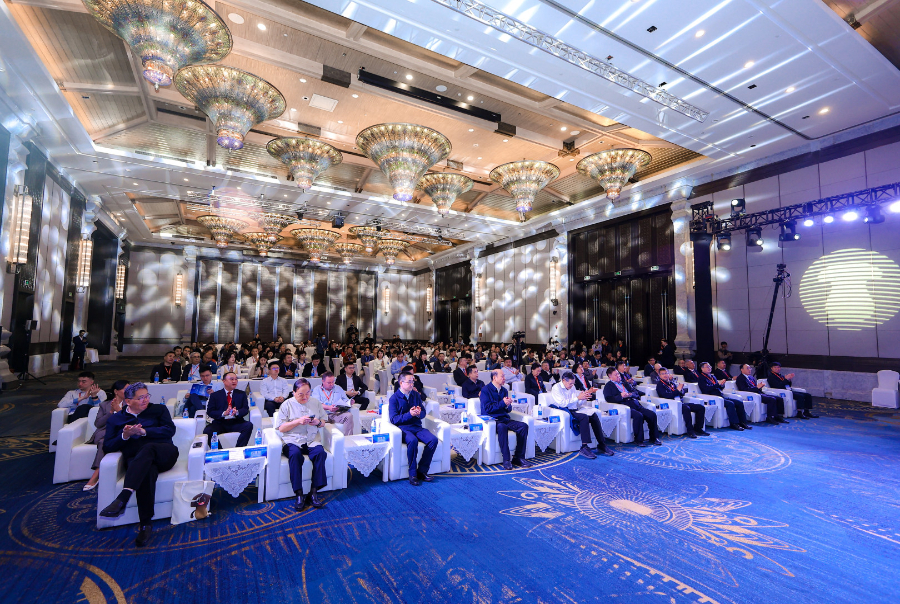
In Chicago, Four Star Mushroom (FSM), an indoor cultivation enterprise, is quietly restructuring urban food supply chains with Controlled Environment Agriculture (CEA) at its core. After three years of development, the company is launching a large-scale expansion. Its new facility will not only boost local mushroom supply capacity but also strive to set a new model for sustainable food systems through technological innovation and ecological principles.
From Environmental Mission to Table Value
When Joe Weber founded FSM in 2019, he targeted the ecological pain points of traditional agriculture—excessive fertilizer use, high carbon emissions, and significant transportation losses. He firmly believes that a food system integrating technology and scientific cultivation is the only way to prevent further ecological deterioration. Today, FSM has become a supplier of high-end mushrooms to over half of Chicago’s Michelin-starred restaurants (including the renowned Alinea), proving the quality of "locally grown" produce through its rich umami.
"The new facility is more than a production base—it’s a 'food education hub'," Weber noted in an interview. It will be open to the public, showcasing mushroom cultivation and details of controlled environment agriculture, helping more people understand "how local food systems can empower daily life."
Controlled Environment Agriculture: High Yield in Limited Space
The core of Controlled Environment Agriculture (CEA) lies in "precision control." By vertically stacking mushroom blocks, FSM achieves efficient cultivation in limited spaces: the current 550-square-meter facility has reached production bottlenecks, while the under-construction 3,048–4,572-square-meter base is expected to produce 900–4,500 kilograms of high-quality mushrooms weekly, nearly a 10-fold increase in capacity.
"The 17 independent growing rooms are key," explained agricultural technologist Justin Hyunjae Chung. Each room’s oxygen, temperature, humidity, and light can be precisely adjusted—not only controlling the size and shape of mushrooms but also optimizing flavor. In the future, FSM plans to introduce niche varieties such as Black Pearl and Lion’s Mane, unlocking more fungal value through technology.
Multifaceted Value of Fungi: From Nutrition to Ecology
An analysis in Food & Nutrition Research shows mushrooms are natural "nutritional powerhouses"—rich in key nutrients like potassium, vitamin D, and choline, with low calories, sodium, and fat, precisely filling dietary gaps. The 2019 documentary Fantastic Fungi raised public awareness of mushrooms’ diverse potential, expanding the community of amateur growers and making "community cultivation" a new trend in decentralized agriculture.
Ecologically, fungi’s value is even more notable. "They can address climate change, degrade toxic waste, and even impact mental health—they’re underappreciated 'ecological engineers'," Chung pointed out.
Sustainable Practices: From Waste to Circulation
FSM’s sustainability lies in its "waste-to-resource" full-chain design. Agricultural waste (e.g., soybean hulls, red oak sawdust) is used as substrate for mushroom mycelium; post-cultivation spent substrate becomes high-quality soil amendment, enriching land and sequestering carbon. "We’re essentially a 'recycling enterprise', upgrading agricultural waste into high-value food," Weber emphasized.
This circular model extends further: mycelium can remove heavy metals and hydrocarbons from soil through bioremediation, and mushroom waste can even be converted into biofuel—fungi are becoming "invisible forces" in ecological restoration.
Challenges & Future: Energy, Costs & Expansion
Despite its advantages, indoor cultivation faces challenges: high initial investment (facilities, equipment) and energy consumption (heating, ventilation, lighting). However, supporters argue that integrating renewable energy like solar and wind can gradually offset this dependency.
For FSM, the roadmap is clear: achieve full plastic-free operations within three years (replacing polypropylene packaging with biodegradable bags); expand nationally to food service and retail channels long-term. Weber is optimistic about Chicago: "With freshwater access from Lake Michigan plus a strong food industry legacy, it could become a hub for controlled environment agriculture."
About China Mushroom Days
Hosted by the Edible Fungi and Products Branch of the China Chamber of Commerce of Food, Native Produce, and Animal Products, the China Mushroom Days showcases products and services from the entire edible fungi industry chain, striving to create a one-stop sourcing platform for the entire edible fungi industry chain. The Edible Fungi Smart Manufacturing Innovation Zone showcases fungi strains, raw materials, equipment, and intelligent technologies, encompassing suppliers of equipment and technology required for every stage of edible fungi production. The Edible Fungi Industry Revitalization Zone features edible fungi production, cultivation, and sales companies, as well as exhibition groups from major edible fungi-producing regions across China and international mushroom companies. The event is held annually in Xiamen, Fujian Province, a hub of the mushroom industry.
About the Edible Fungi and Products Branch of the China Chamber of Commerce for Import and Export of Foodstuffs, Native Produce and Animal By-Products
The China Chamber of Commerce for Import and Export of Foodstuffs, Native Produce and Animal By-Products, a public institution directly managed by China’s Ministry of Commerce, is China’s largest agricultural product industry organization. It is responsible for coordinating, serving, promoting, and protecting the rights and interests in national agricultural product import and export trade, with over 6,000 member enterprises.
Founded in 2002, the Edible Fungi and Products Branch (officially named the Edible Fungi and Products Import and Export Branch) is primarily responsible for coordinating, serving, promoting, and protecting the rights and interests in national edible fungi import and export trade. It has over 100 large key member enterprises engaged in edible fungi production, processing, circulation, and trade in China.

创新博览会LOGO-white.png)


Copyright © China Chamber of Commerce of Food, Native Produce and Animal Products Edible Fungi and Products Branch
京公网安备11010102004652号 京ICP备05021290号-29 | Technical Support: Starify Privacy Policy Sitemap Contact Us
创新博览会LOGO.png)




